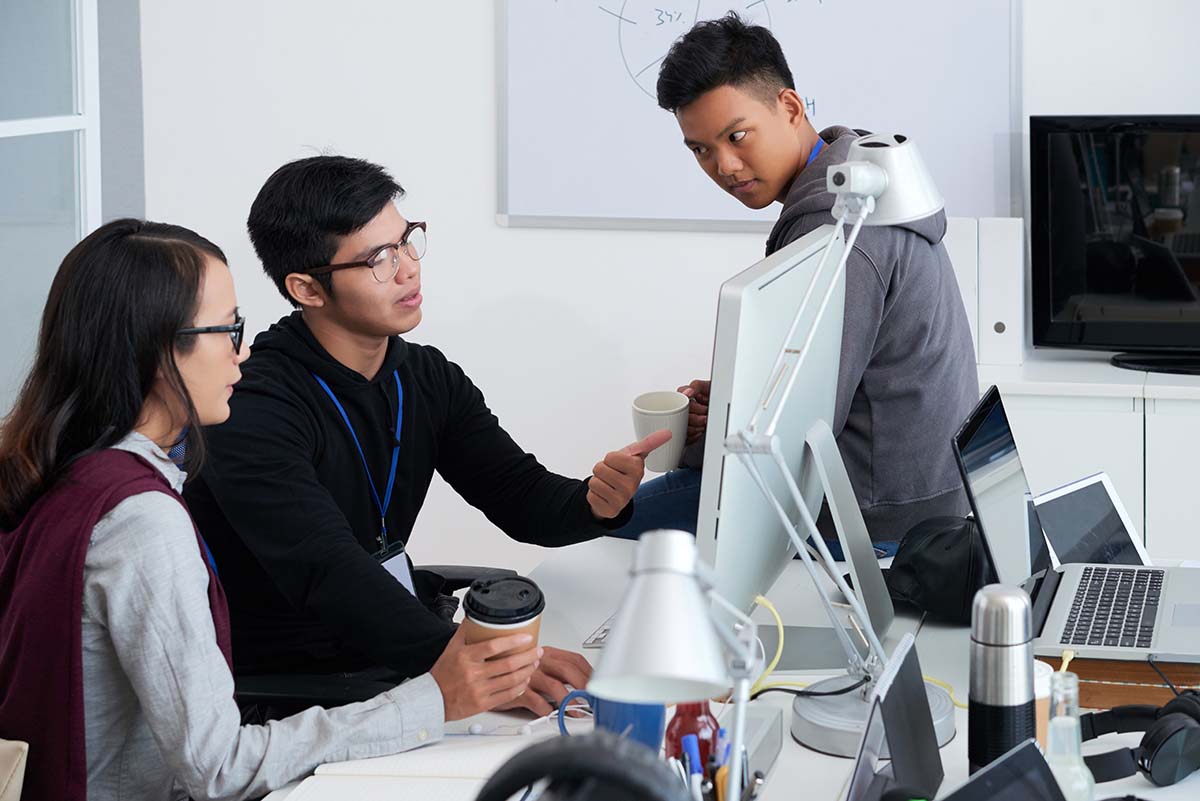Events have always been about bringing people together to achieve a common goal. In the past, this meant relying on manual processes, spreadsheets, and phone calls to organize events. Today, however, event professionals are turning to emerging technologies to streamline processes, enhance experiences, and stay ahead of the competition. Here are some of the ways AI and other emerging technologies are changing the game for event professionals.
Optimizing Planning and Logistics with AI
One of the biggest challenges in event planning is managing logistics. From coordinating vendors and suppliers to tracking attendance, there are countless moving parts that can quickly become overwhelming. Fortunately, AI-powered tools can automate many of these processes, allowing event planners to focus on more strategic tasks. For example, AI-powered event management platforms can analyze attendee data to identify patterns and make recommendations for things like scheduling, room layouts, and catering. This not only saves time, but it also ensures that attendees have a personalized and positive experience.
Enhancing Engagement with AR and VR
As event professionals strive to create more engaging experiences, they are turning to augmented reality (AR) and virtual reality (VR) technologies. By overlaying digital information on the physical world or creating entirely virtual environments, these technologies can enhance attendee engagement and create unforgettable moments. One of the best examples of this use case was in the League of Legends World Championships, where the event organizers brought the game to life on stage with the help of AR technology.
Streamlining Registration with Chatbots
Registration is another critical aspect of event planning that can benefit from emerging technologies. Chatbots, in particular, are becoming an increasingly popular way to streamline the registration process and improve attendee satisfaction. By using chatbots to answer frequently asked questions and provide personalized assistance, event planners can reduce wait times and improve the overall registration experience. Additionally, chatbots can be used to gather data from attendees, such as dietary restrictions or special needs, which can inform the planning process and ensure that everyone has a positive experience.
Staying Ahead of the Competition with Data Analytics
Finally, data analytics is becoming an essential tool for event professionals who want to stay ahead of the competition. By analyzing data on attendee behavior and preferences, event planners can make data-driven decisions that improve the overall event experience.
For example, data analytics can be used to identify trends in attendance or to determine which types of sessions or activities are most popular. This information can then be used to inform future events, ensuring that each event is tailored to the preferences and interests of attendees.
For a time, there was a fear that advancements in technology would lead to lost jobs. However, it is clear that technology continues to be an ally for professionals who want to do their best work. By embracing and leveraging emerging technologies, event planners can make their roles and responsibilities easier, as well as stay ahead of the competition.

 menu
menu